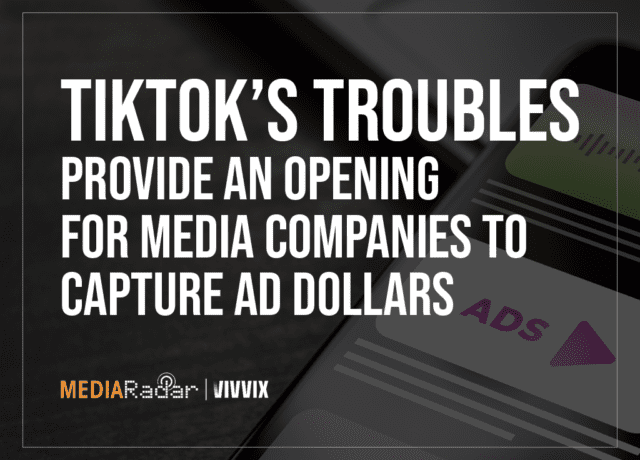If you feel like you’ve read 17 articles about Google, cookies, and programmatic this month, but still can’t wrap your mind around what’s going on, you’re not alone.
Google’s latest announcement that it would not be replacing cookies with individual identifiers sent the industry into a flurry. Some leaders warned that Google’s walled gardens walls would grow higher, while others said it would actually help solidify their role as an alternative to Google.
Meanwhile, the ad tech stock market is thriving.
As if we didn’t have enough uncertainty last year, turbulence in the ad tech landscape just keeps going on. Yet new programmatic advertisers don’t seem to mind.
We encourage you to subscribe to our blog for the latest data surrounding the advertising industry. We will provide daily updates as COVID-19 continues to make its mark on the US economy.

Ad tech activity surging despite pressures
Despite the upcoming restrictions from Apple and Google, ad tech stocks are surging.
“The stocks that are doing well right now often are the ones that have the best storytellers — and investors are hungry for narratives, whether that’s for Tesla or ad tech,” said IAB Europe chief economist Daniel Knapp to Digiday. “There [are a] lot of real opportunities for ad tech, from the much-quoted CTV to solving identity to retail media and a much stronger focus on execution than maybe a decade ago.”
PubMatic’s stock price, for example, has doubled since it went on the Nasdaq in December. And even though The Trade Desk’s stocks stumbled after the latest Google announcement, it had strong performance in 2020 and has made clear that it doesn’t expect it’s business model to change.
The Trade Desk has taken a positive stance on the announcement, saying that it’s great news for the future of the open internet.
“The good news is that the open internet has come together in a way that it should have done when GDPR was rolled out,” wrote The Trade Desk’s CEO, Founder & Chairman Jeff Green. “Unified ID 2.0 threads the needle between privacy and relevance and it answers the question of how the internet is going to pay for itself without everyone having to resort to unsustainable subscription models.”
Google hasn’t clarified whether or not it will allow alternate identifiers on Chrome, but if it restricts the Unified ID 2.0, the decision will likely be challenged.
Even though The Trade Desk is offering an optimistic narrative, others are struggling to wrap their minds around what the decision means for their companies.
“This isn’t an easy topic to understand, so there’s a lot of pressure on the expertise ad tech companies have internally to make the right calls and consult on limited intel,” said Jochen Schlosser, chief technology officer at ad tech vendor Adform.
As ad tech companies try out multiple solutions for targeting, they’ll also have to collaborate with publishers and brands who’ll likely need to share their first-party data. The companies that enable brands integrate their first-party data in their platforms are positioned to become preferred partners.
A tsunami might be on its way in the ad tech industry, but for now, brands need the flexibility that programmatic offers. And they are rushing to add it to their media mixes.
MediaRadar Insights
In the first quarter of 2021 to date, there were 96k brands spending $881.1mm in the programmatic ad space. This is up 47% in the number of brands and 12% in the amount of spend compared to Q1 of 2020 where 65k brands spent $785.6mm.
In the top 5,000 brands (ranked by spend) of Q1 2021 to date, 28% are returning brands from Q1 2020.
Programmatic brands with new spend in the first quarter of 2021 account for 46% of spend (in the top 5,000 brands).
Brands that are new to programmatic spend in Q1 include:
- Alo Yoga
- Zolucky
- HBO Max
- Cisco Webex
- Discovery+
- American Cruise Lines.
Learn more about these brands by checking out their advertising profiles on MediaRadar, or by trying a custom demo.
For more updates like this, stay tuned. Subscribe to our blog for more updates on coronavirus and its mark on the economy.



